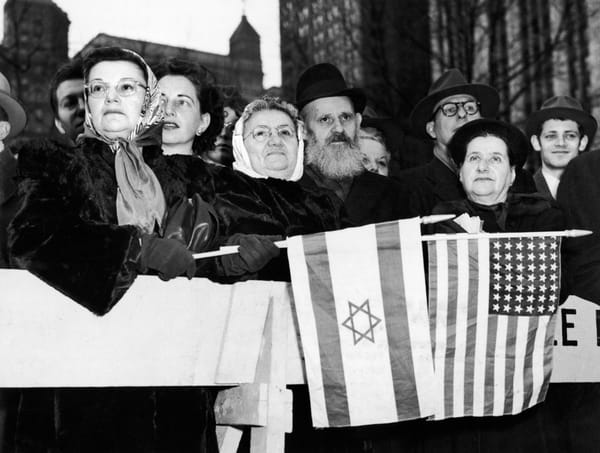Changing Attitudes towards Zionism among American Jews—An Interview with Zachary Lockman
Zachary Lockman speaks to Lori Allen about the history of Jewish support for Israel in the United States. They discuss Lockman’s views on the changing attitudes towards Zionism among American Jews over the course of the twentieth century and the new spaces for criticism that have emerged over the pa











